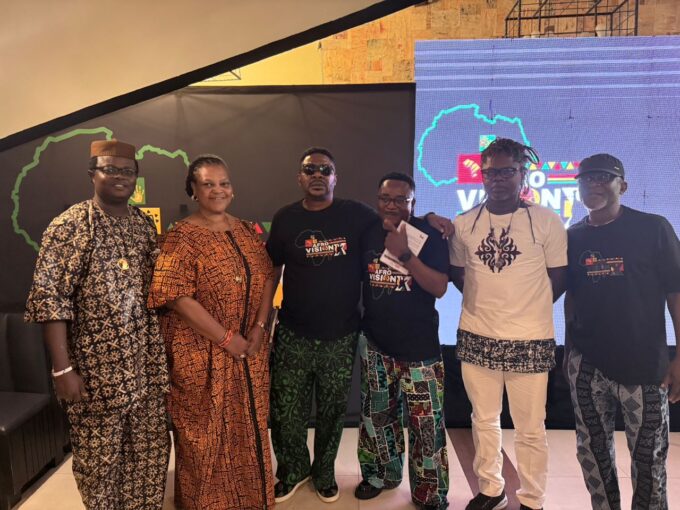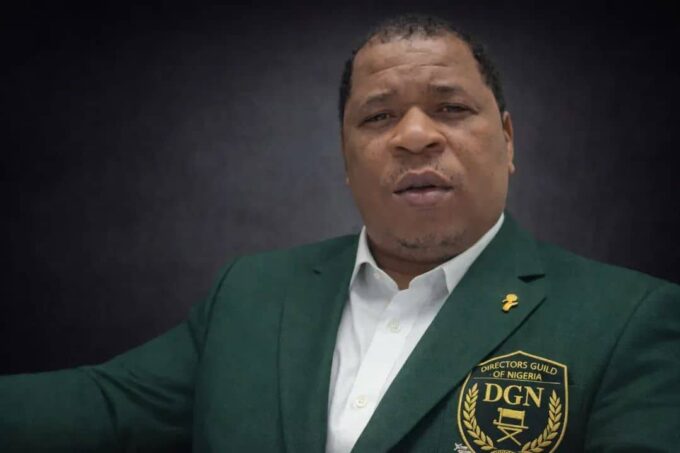It is a sickening script that keeps rewriting itself – more grotesque, more vicious with each iteration. A group of people, angry or afraid or simply bored, descend on one or more persons accused of theft or witchcraft or kidnapping or, recently, dog theft. In the blink of an eye, fists fly, tyres land, petrol splashes, and flames rise. Another life – mostly innocent, often misunderstood – reduced to smoke. Jungle justice is back. Or perhaps, it never truly left.
Take the chilling events of recent weeks. In Uromi, Edo State, several men from the North, reportedly hunters, were brutally lynched by an irate mob. Their offence? Suspicion. Alleged dane guns. Not proof. No exhibits, no confessions – just the scent of “strangers” and the stale perfume of mass hysteria. The mob acted swiftly – burning, stabbing, killing – until the streets were washed in the blood of justice miscarried. In Bauchi, two young men were accused of trying to steal a dog. One never made it out alive; the other clings to life, limping between surgeries and nightmares. Who knew that in this same Nigeria where theft of billions is laughed off in flowing agbadas, an alleged dog thief could be clubbed to death by barefoot patriots?
These are only recent flashpoints. From Ibadan to Jos, from Aba to Zaria, countless stories lie buried – not just under the weight of ash and silence, but beneath the government’s terrifying inertia. The return of jungle justice is not only a damning indictment of our institutions but a brutal x-ray of a society fraying at the seams.
Of course, we have been here before. The ‘80s and ‘90s were infested with tales of necklacing – burning tyres shoved over heads like macabre medals. Suspected armed robbers – sometimes petty thieves, other times petty rivals – were dispatched by neighbourhood committees of fire and brimstone. Few remember that during those years, local vigilantes, backed by silent police nods, became law. No courtrooms. No second chances. Just petrol, machetes, and mob chants. By 2012, we had the now-iconic tragedy of the Aluu Four – four undergraduates of the University of Port Harcourt, falsely accused of theft, stripped, beaten and burnt to death in broad daylight while adults looked on, some filming with enthusiasm. A decade later, no one has been able to explain how a university town became a butchery without interruption.
What drives a man to burn another? What mental and societal decay transforms regular citizens into executioners without remorse? It’s not just lack of education – many of these mobs are led by those who attended school, some even quoting verses and constitutions. It’s not just poverty – after all, the truly hungry hardly have the strength to hoist tyres or hunt scapegoats. It is a noxious mix of systemic rot, social alienation, suppressed trauma, poor law enforcement, and communal bloodlust. It is the fear that the police won’t come, that the judge is bought, that the system favours criminals in starched buba over the average citizen in slippers. So, the people act – stupidly, savagely, and shamefully.
Which is why we must assign blame and responsibility where it belongs. Today’s government – at all levels – must stop issuing press releases and start prosecuting. Jungle justice must not be allowed to fester as a side show of insecurity. The same energy pumped into combating cybercrime and regulating social media should be deployed to end mob killings. Where is the law? Where is the leadership?
Parents and guardians must wake up. The home, long abdicated to TikTok and street hawkers, must return as the cradle of conscience. A child who sees human life as disposable will one day become either a killer or an indifferent spectator. Schools must embed civic education and value systems that teach patience, tolerance, and justice – not just examination success and motivational quotes.
Religious institutions, whose voices still ring louder than sirens, must use their influence to campaign against mob culture. Not just prayers and tithes – but serious re-education of followers that vengeance is not a fruit of the spirit. Law enforcement agencies must overhaul their credibility. When citizens believe the police can’t be trusted to investigate crimes, jungle justice becomes a desperate shortcut.
The Nigerian judiciary must act as the final bulwark against barbarism. Cases of mob action must not be buried under technicalities or adjourned into oblivion. There must be convictions, harsh and memorable. The Nigerian Bar Association must step out of its silk comfort and provide legal redress for families of victims. Why has there been no class action against state governments where such crimes occur with impunity?
Human rights groups must do more than tweet condemnation. Let them document, follow up, litigate, and name-and-shame those who facilitate these lynchings. International agencies concerned with rule of law and human rights must begin to treat jungle justice as a serious crisis of civilisation – not just a developing-world oddity.
And what of the victims? Few, if any, have been vindicated posthumously. No national apologies. No state-sponsored compensation. No wreaths from Aso Rock. Most are buried in unmarked graves, while their killers fade into the crowd. Justice delayed, we say, is justice denied. But what do we call justice never even attempted?
It is time to rip the veil off this national shame. We cannot bequeath to our children a country where a missed wallet or bark of a dog could lead to a lynching. We cannot build roads, bridges, and stadiums while our streets remain crime scenes of mob lunacy. The irony is that jungle justice makes us all less safe. Today, it’s the suspected thief. Tomorrow, it’s the dissenter, the protester, the stranger.
We must all speak up – loudly, angrily, unrelentingly – against this culture of death. Let no state government sleep easy when another citizen is burnt in broad daylight. Let no community leader boast of peace where mob violence is the unofficial justice system. Let no journalist file it away as a minor item. This is murder. It is madness. It must end.















Leave a comment